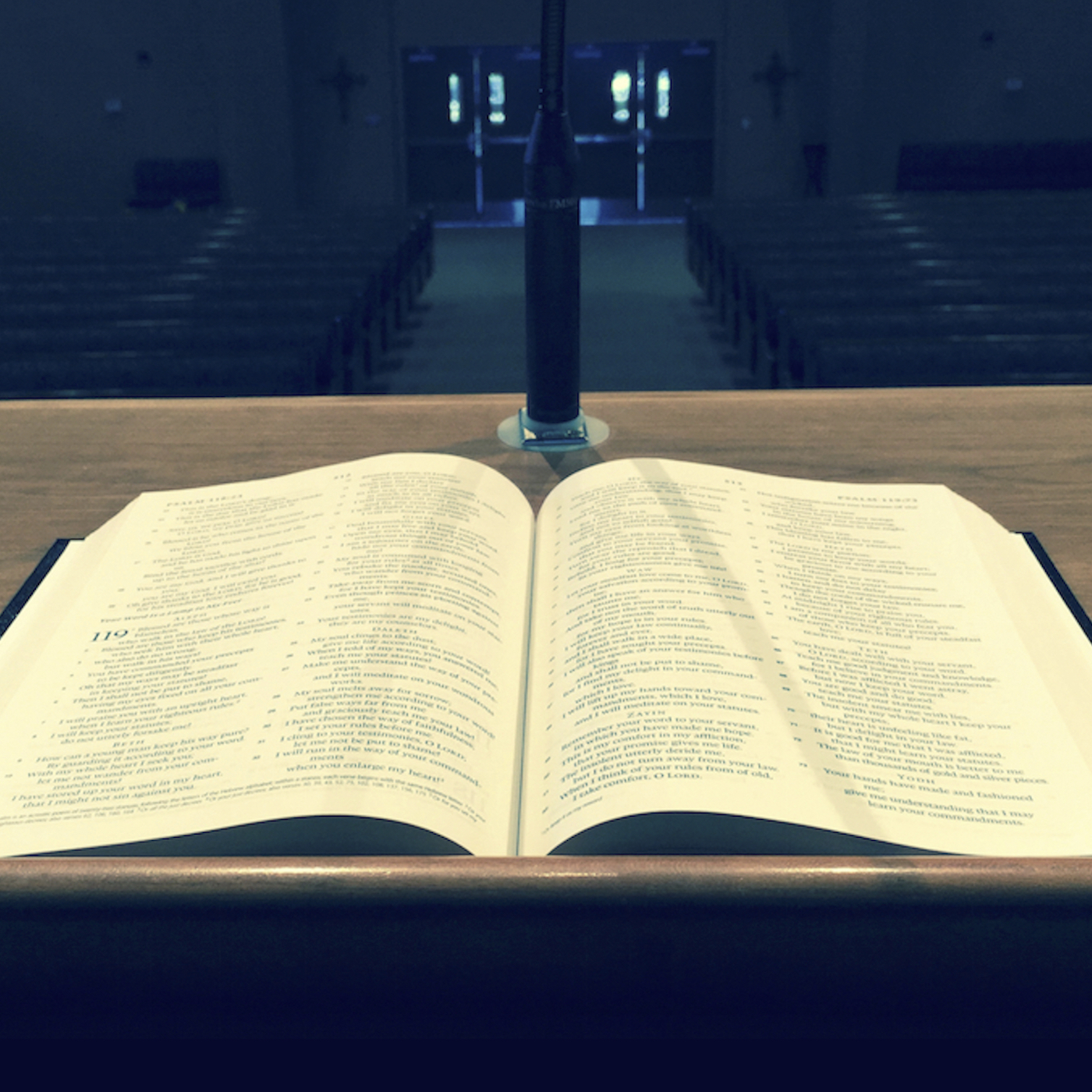
PREPARE YOUR HEART FOR THE SERMON BY LOOKING THROUGH THESE SUGGESTIONS THAT WILL ASSIST YOU IN MAKING THE MOST OF OUR TIME TOGETHER HEARING GOD'S WORD.
You will find suggestions for thinking more critically through the passage, meditating more intently on the text, and prayerfully seeking wisdom to deepen your understanding of the passage to be preached this Sunday.
Carefully Think
- What can you learn about the context of the Psalm from the superscription? Are there other passages of the Old Testament that might provide the context for this psalm?
- What does the use of the personal pronoun, “my,” communicate in verse 1 of this Psalm?
- What idea is being repeated in verse one? Why might the Psalmist repeat this idea?
- What is the significance of comparing satisfaction in God with satisfaction in marrow and fatness?
- Where does the psalmist go to seek out the power and glory of God? How might these be found in this place?
- Where is the psalmist’s satisfaction ultimately found? How does this relate back to verse 1?
- Given the context, what is likely being described in verse 5a?
- When does the psalmist remember and meditate on God according to the psalm?
- What is the nature of the contrast in verse 9? What is being contrasted?
- How are the enemies of the psalmist described? What will happen to them?
- How can the Psalmist be so confident in the outcome of his enemies?
Prayerfully Meditate
- What biblical significance is there to the location of the “wilderness” as described in the superscription? What does it mean for David to find himself in the wilderness?
- Read and compare Psalm 42-43 to Psalm 63 (give particular attention to the first few verses of Psalm 42). How are they similar? What does this imagery communicate? List similarities and differences.
- Note the transitions between future tense verbs (has not happened yet to the psalmist), present tense (currently happening), and past tense (has already happened). What observations can you make from these transitions? List out several observations.
- How might the practices of “remembering” and “meditating” on God be helpful in a season of being in the wilderness?
- How does the superscript’s description of “in the wilderness” impact the weight of verse 3b-4?
- How is it possible for the Psalmist to offer up lips of joyful praise (vs 5 and 7)?
- What does remembering and meditating on God entail?